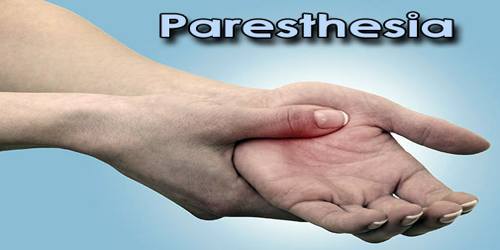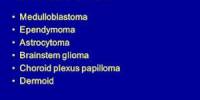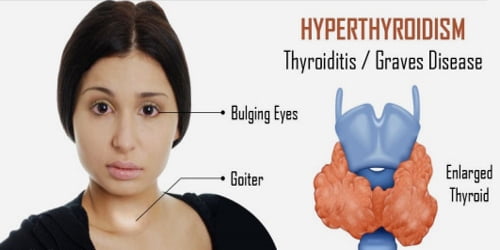Paresthesia
Definition
Paresthesia is a skin sensation, such as burning, prickling, itching, or tingling, with no apparent physical cause. The most familiar kind of paresthesia is the sensation known as “pins and needles” or of a limb “falling asleep”. A less well-known and uncommon but important paresthesia is formication, the sensation of bugs crawling underneath the skin. The word paresthesia (/ˌpærɪsˈθiːziə/ or /ˌpærɪsˈθiːʒə/) (British English paraesthesia; plural paraesthesiae /ˌpærɪsˈθiːzɪiː/ or paraesthesias), comes from the Greek para (“beside”, i.e., abnormal) and aisthesia (“sensation”).
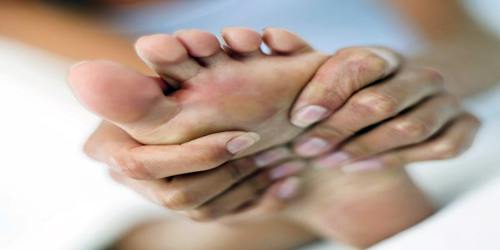
Paresthesia is caused by pressure on a part of the body that cuts off the blood supply to nerves in the region. As a result, nerves stop sending signals to the brain; however, when the pressure is released, blood returns, causing the tingling or itching sensation.
Basically, paresthesia only happens when there is sustained pressure put onto a nerve. And as soon as the pressure is relieved, the sensation will fade eventually. Sometimes, this sensation is considered a sign of an underlying neurological disease or traumatic nerve damage. It may be caused by problems that affect the central nervous system of the body, which include multiple sclerosis, encephalitis, strokes, or transverse myelitis. A vascular lesion or a tumor up against the spinal cord or brain may also result in paresthesia.
Causes, Sign and Symptom of Paresthesia
It’s not always possible to determine the cause of paresthesia. Temporary paresthesia is often due to pressure on a nerve or brief periods of poor circulation. This can happen when you fall asleep on your hand or sit with your legs crossed for too long. Chronic paresthesia may be a sign of nerve damage. Two types of nerve damage are radiculopathy and neuropathy. Paresthesia may also be caused by a condition known as Raynaud’s disease. This condition affects the blood supply to certain parts of the body and can be triggered by cold weather, anxiety, or stress. Finally, dehydration and hyperventilation (breathing too fast) can also cause temporary paresthesia.
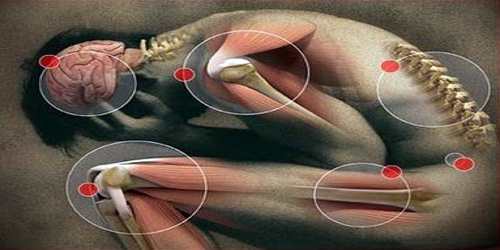
The symptoms of paresthesia may include:
- Itching
- Tingling
- Footdrop
- Dysarthria
- Numbness
- Muscular atrophy
- Ocular Dysmetria
- Restless leg syndrome
- Crawling sensation on the skin
- “Falling asleep” of limbs such as a hand, foot, arm, leg, etc.
Diagonising and Treatment of Paresthesia
Paresthesia is diagnosed by determining the underlying condition that causes a person to experience these paresthesia sensations. The evaluation includes checking the medical history of a person through a series of laboratory tests and physical examinations. Yet, there are times when a doctor orders some other tests depending on the possible cause of the paresthesia. It can be classified as either transient or chronic. Transient paresthesia might be symptoms of hyperventilation or a panic attack. Chronic paresthesia can be the result of nerve irritation, poor circulation, neuropathy, or a number of other conditions or causes. There is no form of long-term physical effect from paresthesia, although its underlying conditions can have a number of effects.

Treatment of paresthesia depends on an accurate diagnosis of the underlying cause. For people with limbs that have fallen asleep, restoration of their circulation through exercising, stretching, or massaging the affected limb can rapidly dissipate the tingling and sensations of numbness. If the paresthesia is due to a chronic disease, such as diabetes, or occurs as a complication of treatments like chemotherapy, the majority of treatments are aimed at relief of the person’s symptoms. Anti-inflammatory medications such as ibuprofen or aspirin are recommended if the person’s symptoms are mild.
There are also instances when people with complex paresthesia are given antidepressant medications, such as amitriptyline. Although these are administered at a much lower dosage, they are intended to relieve depression.
Research suggests that these medications can help because they change the perception of a person about pain. For instance, if a person is suffering from severe paresthesia, opium derivatives like codeine are prescribed.
However, the treatment alternatives are not limited. There are other options available that help relieve symptoms of paresthesia. Nutritional therapy is among them. In this therapy, B complex vitamin is being adhered and supplemented. But experts warn that vitamin supplementation must be done with caution. This is because an overdose of vitamins, such that of vitamin B6, may cause to paresthesia.
Reference:
